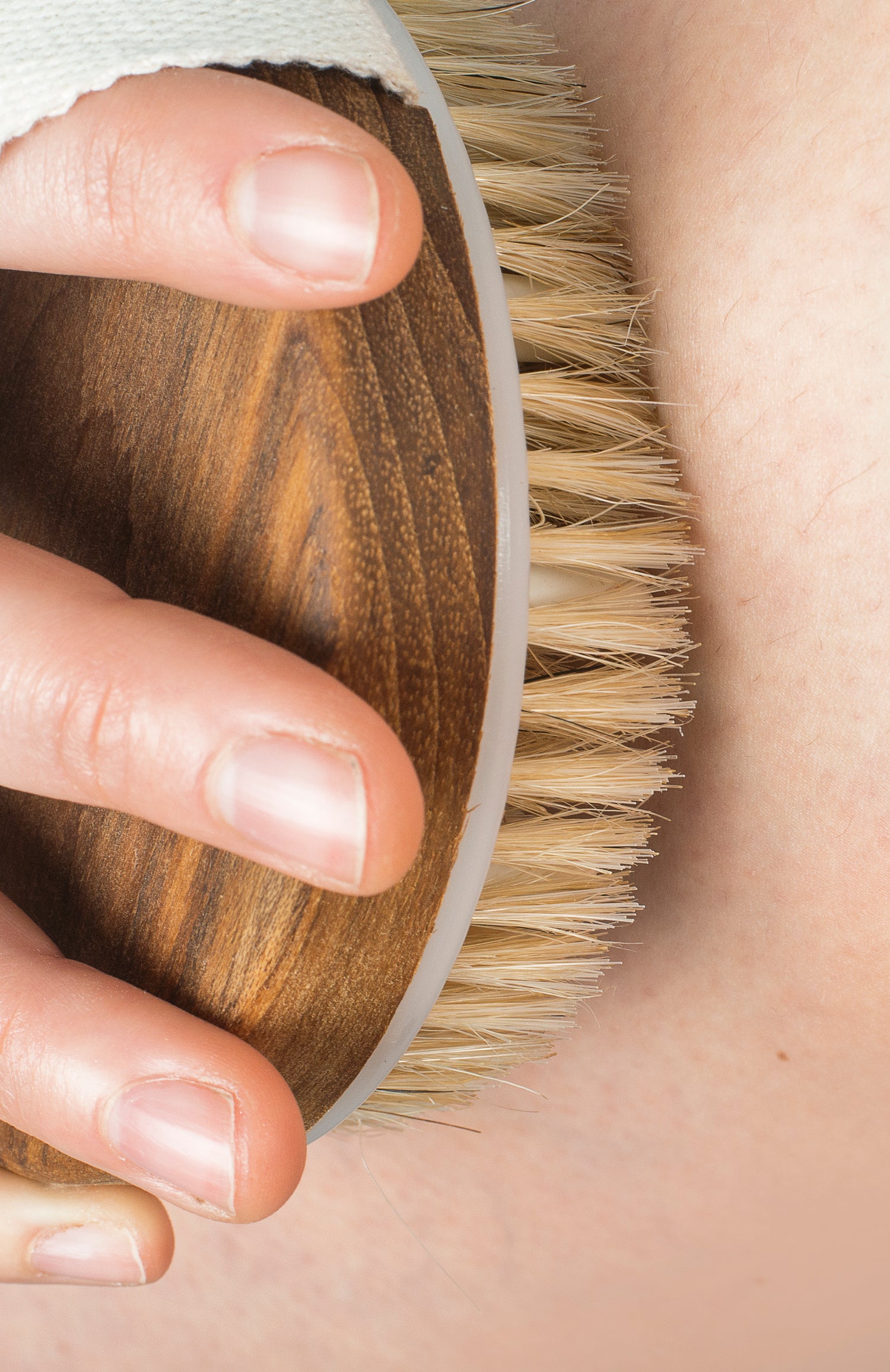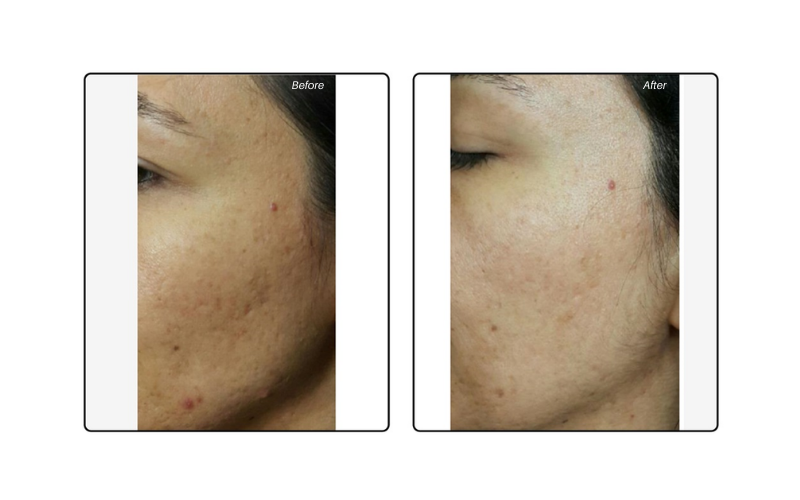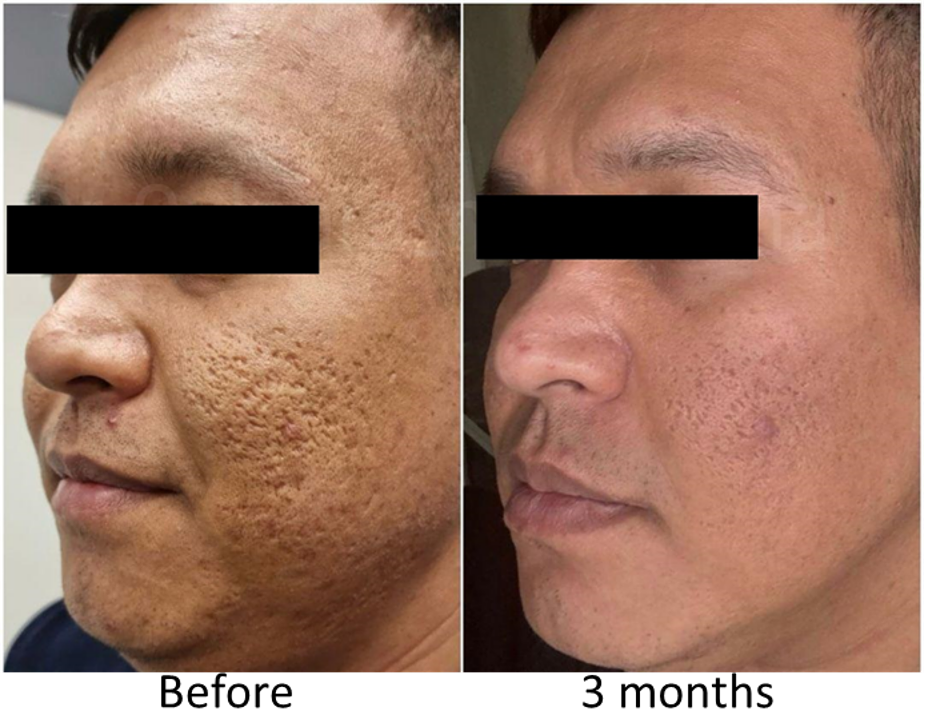
Regenerative Medicine on: Blemish and Acne Scar Healing
Experience advanced skin rejuvenation and effective acne scar healing with T-Lab's innovative portfolio of regenerative medicine products. Our cutting-edge solutions are designed not only to revitalize your skin but also to address stubborn blemishes and acne scars. With proven efficacy, T-Lab's products harness the power of regenerative medicine to promote smoother, clearer, and healthier-looking skin. Say goodbye to the marks of past breakouts and embrace a renewed complexion with our expertly formulated treatments.
PRP & PRF
Platelet-Rich Plasma (PRP) therapy offers a powerful solution for acne scar healing through its rich concentration of proteins and platelet-derived growth factors. PRP works by rejuvenating the skin through cellular regeneration, promoting hyaluronic acid production, stimulating stem cells, remodeling tissue, and enhancing angiogenesis (Lin et al., 2020). Platelet-Rich Fibrin (PRF), a similar treatment, is obtained without using an anticoagulant, resulting in a fibrin clot within the plasma. This clot contains platelets and leukocytes that release growth factors slowly over time, offering a sustained healing effect, unlike PRP's quicker release.
Studies support the efficacy of these treatments in acne scar healing. Nandini et al.'s 2021 split-face study demonstrated that microneedling combined with PRP significantly reduced acne scar severity more effectively than microneedling alone. Another study by Diab (2022) compared Injectable Platelet-Rich Fibrin (i-PRF) and PRP for treating atrophic acne scars, finding that PRF led to greater improvement. The introduction of microneedling further enhanced results, suggesting that the optimal treatment for atrophic acne scars may be a combination of i-PRF and microneedling therapy

Using T-Lab PRP kit, two weeks apart on acne scar healing.
Exomine: T-Lab’s Groundbreaking Approach to Autologous Exosome Harvesting
Exosomes have shown significant potential in dermatological treatments, particularly for acne scar healing. A 2020 study by Kwon et al. investigated the effects of exosomes in 25 patients undergoing fractional CO2 laser treatment for atrophic acne scars. In this study, one side of each patient's face received exosome treatment as a post-laser regimen, while the other side served as a control. Results indicated that the exosome-treated side experienced a shorter recovery time and fewer side effects, highlighting the promising role of exosomes in enhancing acne scar healing.
While further research is needed to fully understand the scope of exosome therapy in acne scar removal, the success of platelet-derived exosomes in other dermatological applications, such as wound healing, suggests a promising future for this innovative treatment. The ability of exosomes to accelerate skin healing and reduce inflammation makes them an exciting addition to the options available for effective acne scar treatments.
T-Lab Micrografting: Advanced Regeneration with Dermomine
Dermomine is redefining the approach to acne scar healing, offering a transformative solution for those struggling with atrophic scars. In numerous clinical trials, Dermomine has demonstrated remarkable improvement in patients with acne scars, as evidenced by the impressive before-and-after photos taken just three months apart.
Recent studies in skin tissue cell grafting have shown the effectiveness of autologous grafting technologies in reducing the appearance of acne and other types of scarring. These studies report high satisfaction rates, noticeable improvements in skin tone and scar severity, and low infection rates (Liu et al., 2023).
What sets Dermomine apart is its minimally invasive procedure, where small skin grafts are taken from discreet areas like behind the ear or near the groin. This method is simpler and less invasive than traditional autologous grafting techniques. Additionally, it carries significantly lower risks compared to other acne scar treatments like chemical peels. Dermomine offers a superior, non-surgical treatment option with a quick recovery time, making it an ideal choice for those seeking effective acne scar healing with minimal downtime.

Dermomine on acne scar healing, one treatment three months apart.
References
Lin, Mao-Ying & Lin, Chrang-shi & Hu, Sindy & Chung, Wen-Hung. (2020). Progress in the Use of Platelet-rich Plasma in Aesthetic and Medical Dermatology. The Journal of clinical and aesthetic dermatology. 13. 28-35.
Kwon HH, Yang SH, Lee J, Park BC, Park KY, Jung JY, Bae Y, Park GH. Combination Treatment with Human Adipose Tissue Stem Cell-derived Exosomes and Fractional CO2 Laser for Acne Scars: A 12-week Prospective, Double-blind, Randomized, Split-face Study. Acta Derm Venereol. 2020 Nov 4;100(18):adv00310. doi: 10.2340/00015555-3666. PMID: 33073298; PMCID: PMC9309822.
Svolacchia L, Prisco C, Giuzio F, Svolacchia F. Adipose Autologous Micrograft and Its Derived Mesenchymal Stem Cells in a Bio Cross-Linked Hyaluronic Acid Scaffold for Correction Deep Wrinkles, Facial Depressions, Scars, Face Dermis and Its Regenerations: A Pilot Study and Cases Report. Medicina (Kaunas). 2022 Nov 21;58(11):1692. doi: 10.3390/medicina58111692. PMID: 36422231; PMCID: PMC9698334.
Liu T, Chen J, Wei B, Nie F, Zhu G. Safety and efficacy of autologous skin tissue cells grafting for facial sunken or flat scars. Heliyon. 2023 Jun 7;9(6):e16992. doi: 10.1016/j.heliyon.2023.e16992. PMID: 37484283; PMCID: PMC10361016.
Nandini AS, Sankey SM, Sowmya CS, Sharath Kumar BC. Split-face Comparative Study of Efficacy of Platelet-rich Plasma Combined with Microneedling versus Microneedling alone in Treatment of Post-acne Scars. J Cutan Aesthet Surg. 2021 Jan-Mar;14(1):26-31. doi: 10.4103/JCAS.JCAS_160_18. PMID: 34084005; PMCID: PMC8149994.
Diab NAF, Ibrahim AM, Abdallah AM. Fluid Platelet-Rich Fibrin (PRF) Versus Platelet-Rich Plasma (PRP) in the Treatment of Atrophic Acne Scars: A Comparative Study. Arch Dermatol Res. 2023 Jul;315(5):1249-1255. doi: 10.1007/s00403-022-02511-3. Epub 2022 Dec 15. PMID: 36520210; PMCID: PMC10205840.
